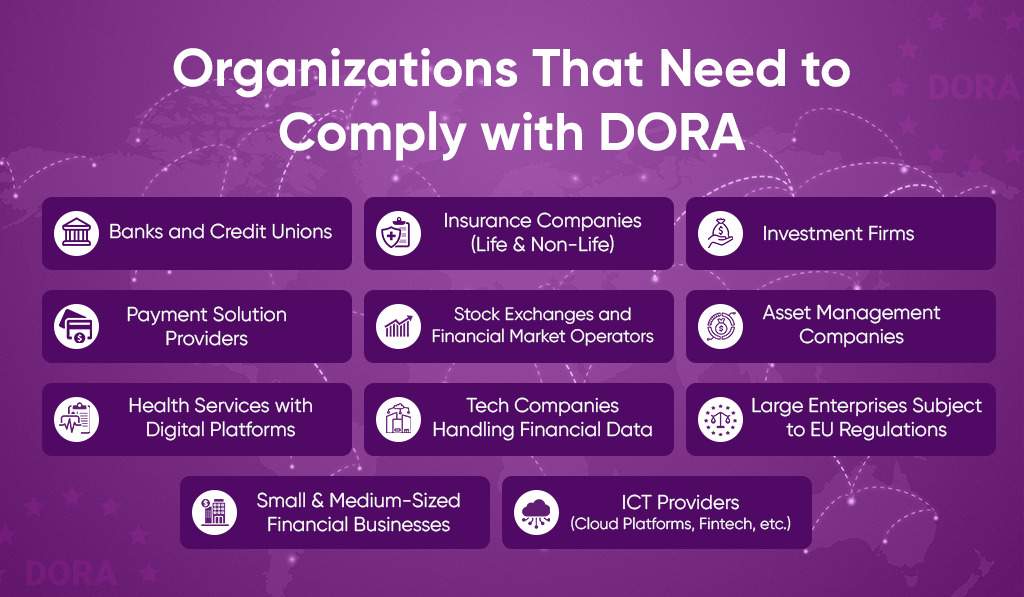Our top testing myth-busters!!
DORA Compliance

DROP US A LINE
Connect with CloudCX
Ready to take the first step towards unlocking opportunities, realizing goals, and embracing innovation? We're here and eager to connect.
To More Inquiry
+91 7020198969
To Send Mail





